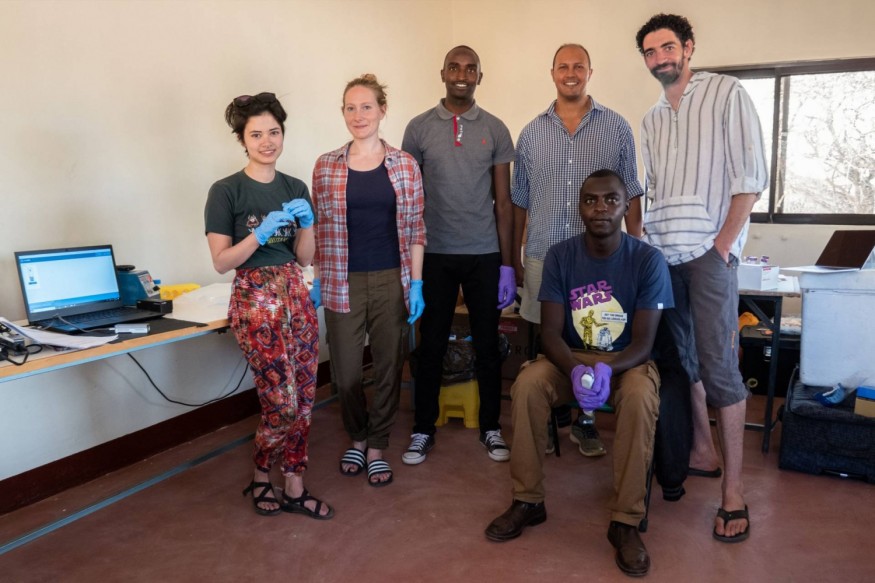Researchers from Princeton University collaborated with the Mpala Research Centre in Kenya to find a link between conditions such as obesity, diabetes, and heart problems to people's diets. The findings were recently published in the journal Science Advances.
In the study, they present the hypothesis that there is a "mismatch" between the Western diet and how human physiology has evolved, resulting in illnesses such as cardiovascular disease. This means that the human body has evolved to digest the food of our ancestors and struggle to metabolize new types of food.
Amanda Lea from Princeton's Lewis-Sigler Institute for Integrative Genomics (LSI) explained that humans evolved in an environment very different from today. It's not that one diet is better than another, but that many have a mismatch between their current diet and their evolutionary history.
Nomadic People of Turkana
The researchers focused on the Kenyan county of Turkana whose people had a shift of diet from animal-based to heavy carbohydrates. They discovered that as they adopted a new diet consisting of carbs, there was an increase in obesity, diabetes, and heart disease among their people.
Previous studies on the mismatch hypothesis have compared Western people to hunter-gatherers. However, there are many other complex factors such as genetics and differences in lifestyle.

The people of Turkana have been nomadic pastoralists traditionally. In 1979 and through the 1980s, severe drought and the discovery of oil drastically transformed the region. Many abandoned their nomadic ways and adapted to societal changes.
Traditionally, the people relied on their livestock for food and milk, such as cattle, sheep, goats, and camels. Eventually, those who settled in cities started eating more carbohydrates and processed food - a global trend associated with urbanization that has reached even the remotest communities.
Read Also: Fight Climate Change While Eating This Eco-Friendly Diet
Proving the Mismatched Hypothesis
Julien Ayroles from LSI shared that working with Mpala allowed them to study the transition of a traditional lifestyle containing about 80% of animal byproducts into a carbohydrate-rich diet. Their study showed "genetically homogenous populations whose diets stretch across a lifestyle gradient from relatively 'matched' to extremely 'mismatched' with their recent evolutionary history."
Over 1,000 Turkana adults across 44 locations were interviewed by Lea, Ayroles, and a team from Mpala. Dino Martins from the Kenyan team shared that this is the first genomics study they've conducted in Turkana which was only possible because of their long-term relationship of 25 years.

"What has happened in many parts of the world where some of this research has been done, and it's gone wrong, is when you have researchers parachuting in and out of communities. That does not make people trust you - it just creates a lot of anxiety and problems," explained Martins.
Ayroles said that they had expected their results to show how the transition to a carb-based diet was making the people sick. Those who spent more time in the cities where they do not match the evolutionary environment affect health negatively.
He explained that the experiment is not about favoring a protein-based diet. For example, if people with different ancestry switched to a Turkana diet, they would most likely get sick quickly. "The key to metabolic health may be to align our diet and activity levels with that of our ancestors, but we still need to determine which components matter most."
Check out more news and information on Diets on Science Times.
© 2025 ScienceTimes.com All rights reserved. Do not reproduce without permission. The window to the world of Science Times.











